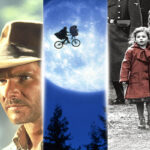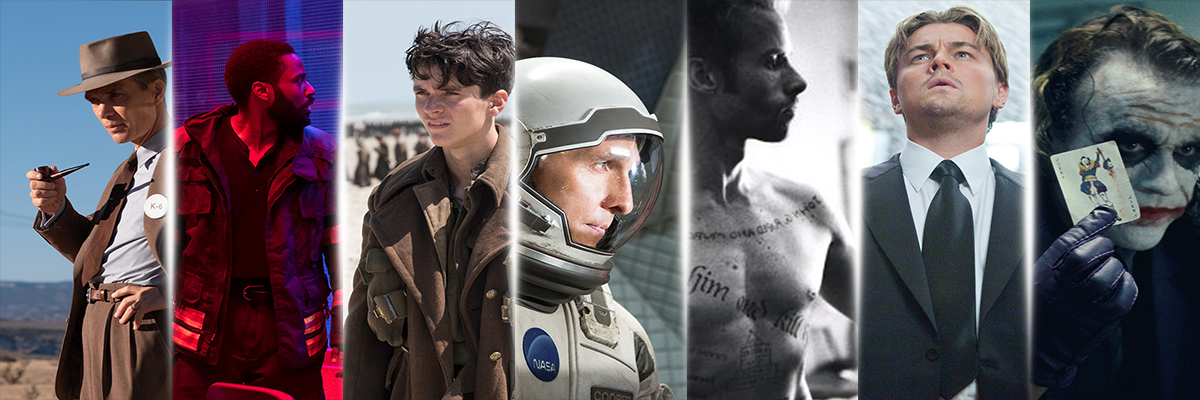
Top 7 Christopher Nolan Movies
Christopher Nolan is a filmmaker whose work has transformed modern cinema, captivating audiences with his intricate narratives, innovative storytelling techniques, and profound philosophical themes. Known for his ability to blend high-concept ideas with commercial appeal, Nolan has consistently pushed the boundaries of filmmaking. His films often explore complex themes such as time, memory, identity, and morality, making them not only entertaining but thought-provoking. In this article, we will delve into seven of Christopher Nolan’s most significant films, examining their themes, impact, and the unique elements that contribute to their enduring legacy.
1. Memento :
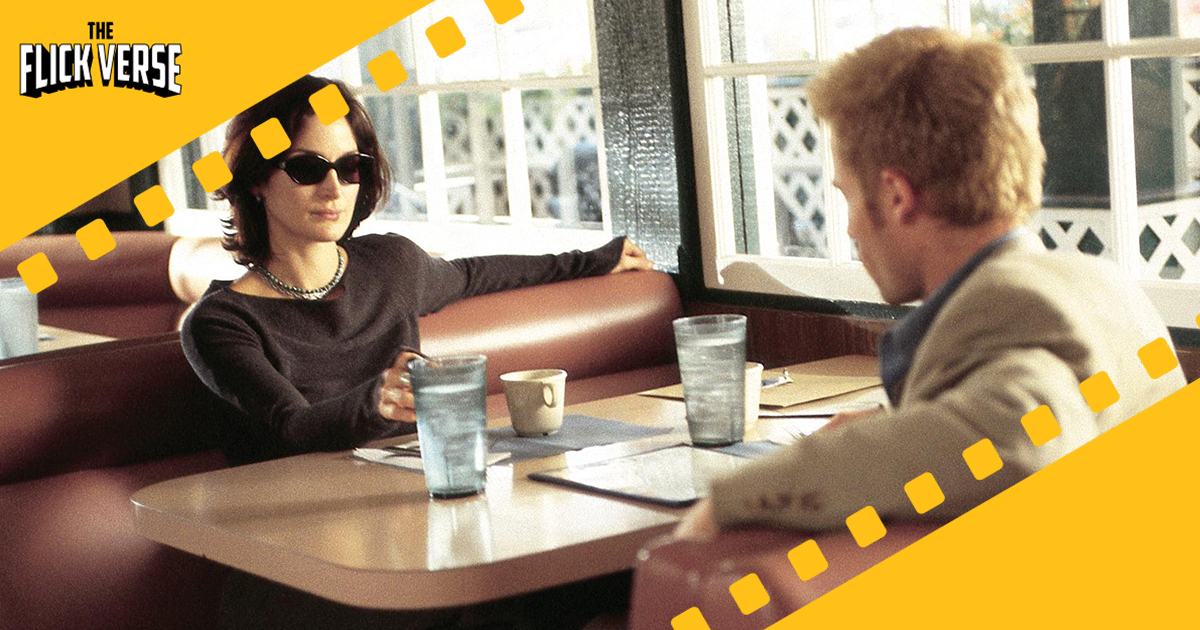
Overview
“Memento” is a psychological thriller that follows Leonard Shelby (Guy Pearce), a man suffering from short-term memory loss as he attempts to track down the person responsible for his wife’s murder. The film is uniquely structured, presenting its narrative in reverse chronological order, forcing viewers to experience Leonard’s disorientation and confusion.
Impact
“Memento” was a critical and commercial success, earning Nolan an Academy Award nomination for Best Original Screenplay. The film’s innovative narrative structure and exploration of memory and identity have influenced countless filmmakers and have solidified Nolan’s reputation as a visionary director.
Key Elements
The film’s non-linear storytelling is one of its most striking features. By revealing information in reverse order, Nolan immerses the audience in Leonard’s psychological state, creating a sense of urgency and tension. The cinematography by Wally Pfister captures the gritty realism of Leonard’s world, while the haunting score by David Julyan adds to the film’s atmosphere. “Memento” is a masterclass in narrative innovation, challenging viewers to piece together the story as they navigate Leonard’s fragmented reality.
2. The Dark Knight :
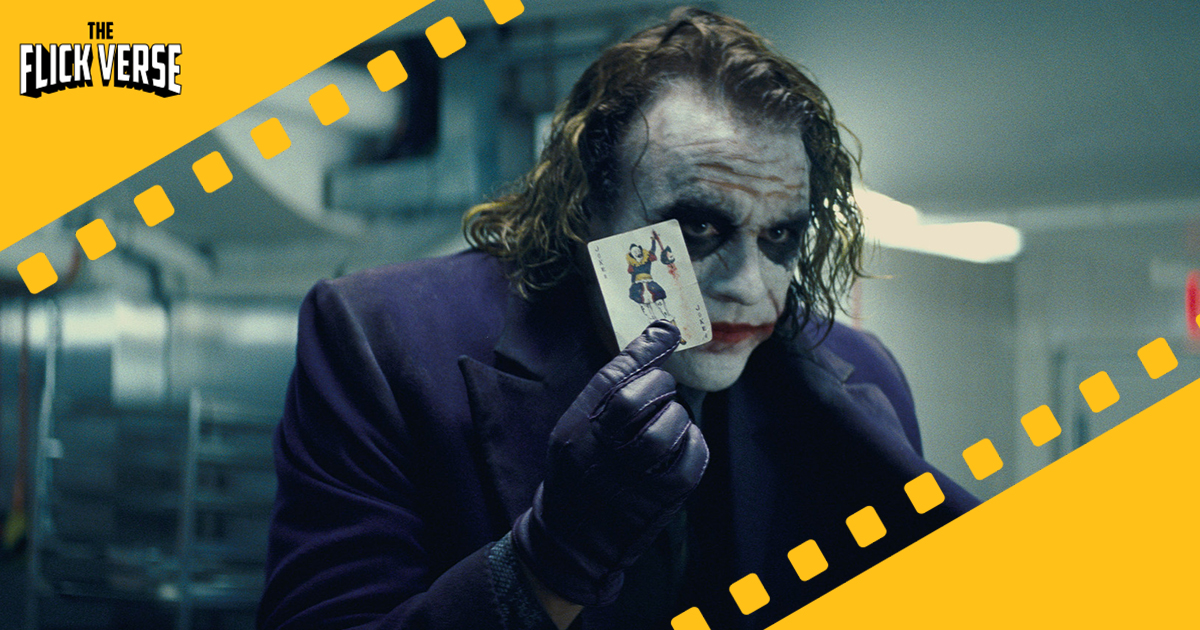
Overview
“The Dark Knight” is the second installment in Nolan’s Batman trilogy and is widely regarded as one of the greatest superhero films ever made. The film explores the battle between Batman (Christian Bale) and the Joker (Heath Ledger), a psychopathic criminal mastermind intent on sowing chaos in Gotham City. The film delves into themes of morality, justice, and the duality of human nature.
Impact
“The Dark Knight” was both a critical and commercial triumph, grossing over a billion dollars worldwide and receiving eight Academy Award nominations, including Best Supporting Actor for Ledger, who posthumously won the award. The film’s success redefined the superhero genre, proving that comic book adaptations could tackle weighty themes and complex characters.
Key Elements
Nolan’s direction combines thrilling action sequences with deep philosophical questions about heroism and morality. The film’s cinematography, particularly the use of IMAX cameras for several sequences, enhances the visual experience. Ledger’s portrayal of the Joker is iconic, showcasing a chilling and chaotic villain that challenges Batman’s ideals. “The Dark Knight” elevates the superhero genre by presenting a morally ambiguous narrative that resonates with audiences on multiple levels.
3. Inception :
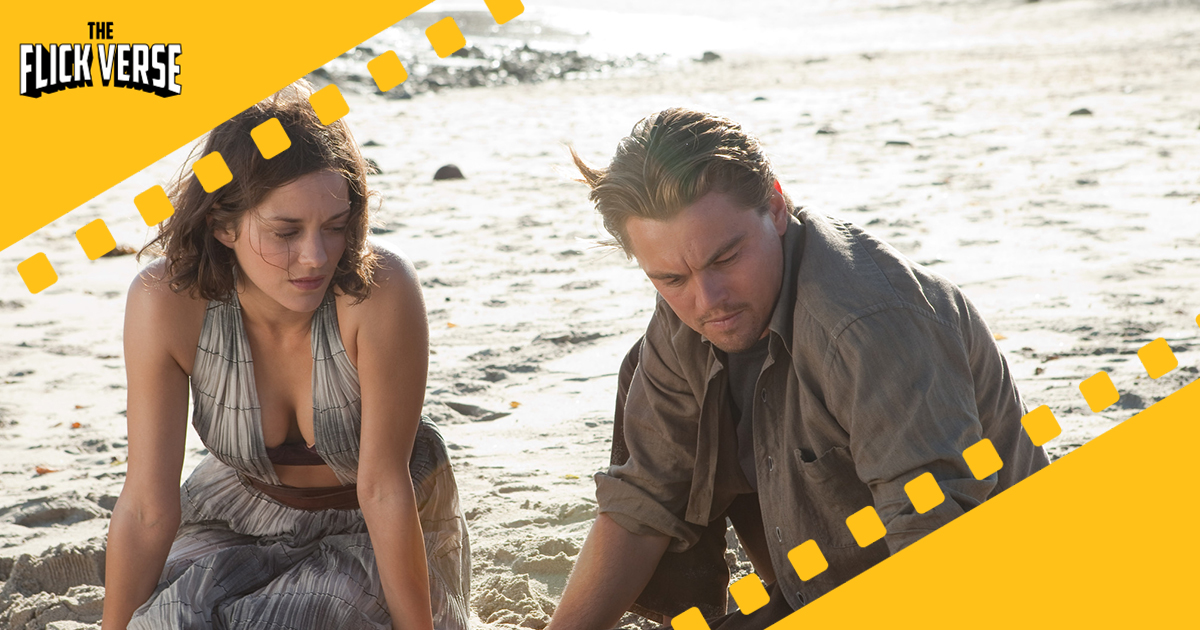
Overview
“Inception” is a science fiction thriller that revolves around Dom Cobb (Leonardo DiCaprio), a skilled thief who specializes in extracting secrets from people’s subconscious during dreams. Cobb is offered a chance to have his criminal history erased if he can successfully implant an idea into someone’s mind—a process known as “inception.” The film explores themes of dreams, reality, and the nature of consciousness.
Impact
“Inception” was a massive box office success and received widespread critical acclaim. It won four Academy Awards, including Best Cinematography and Best Visual Effects. The film’s complex narrative structure and stunning visual effects have made it a landmark in modern cinema, influencing a new wave of science fiction films.
Key Elements
Nolan’s innovative use of practical effects, combined with cutting-edge CGI, creates a visually stunning experience that blurs the lines between reality and dreams. The film’s layered narrative challenges viewers to engage with its intricacies, while Hans Zimmer’s powerful score enhances the emotional stakes. “Inception” is a thought-provoking exploration of the human psyche, inviting viewers to question the nature of reality and the influence of the subconscious.
4. Interstellar :
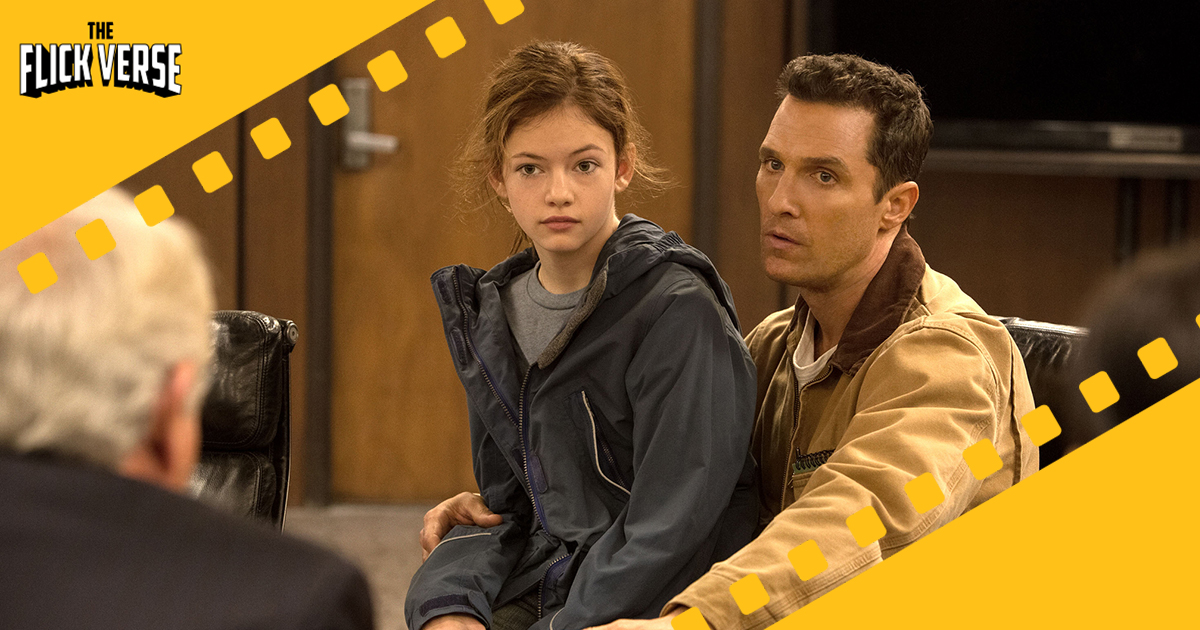
Overview
“Interstellar” is a science fiction epic that follows a group of astronauts, led by Cooper (Matthew McConaughey), as they embark on a mission to find a new habitable planet for humanity. The film explores themes of love, sacrifice, and the complexities of time and space, as well as the bonds between parents and children.
Impact
“Interstellar” received critical acclaim for its ambitious storytelling and scientific accuracy, particularly in its portrayal of black holes and relativity. The film sparked discussions about the possibilities of space travel and the future of humanity, solidifying Nolan’s reputation as a filmmaker who tackles profound questions.
Key Elements
Nolan’s collaboration with physicist Kip Thorne ensured that the film’s depiction of space phenomena was grounded in real science. The visual effects, particularly the stunning imagery of black holes and wormholes, are breathtaking. The emotional depth of the film is amplified by Zimmer’s poignant score, which encapsulates the film’s themes of love and sacrifice. “Interstellar” challenges viewers to confront the vastness of space while exploring the intimate human connections that define our existence.
5. Dunkirk :

Overview
“Dunkirk” is a World War II thriller that recounts the evacuation of Allied soldiers from the beaches of Dunkirk, France, during a pivotal moment in the war. The film interweaves three distinct narratives: the land, sea, and air, showcasing the experiences of soldiers on the ground, civilians assisting in the evacuation, and RAF pilots engaged in aerial combat.
Impact
“Dunkirk” was both a critical and commercial success, earning eight Academy Award nominations and winning three, including Best Editing and Best Sound Mixing. The film is praised for its immersive depiction of war, innovative storytelling, and Nolan’s ability to create tension without relying on traditional character-driven narratives.
Key Elements
Nolan’s use of IMAX cameras and practical effects creates a visceral experience that places viewers in the midst of the action. The film’s non-linear structure heightens the tension as the three narratives converge. Hans Zimmer’s score, featuring the innovative use of a ticking clock, adds to the sense of urgency and suspense. “Dunkirk” is a triumph of cinematic craftsmanship, demonstrating Nolan’s ability to convey the chaos and heroism of war.
6. Tenet :
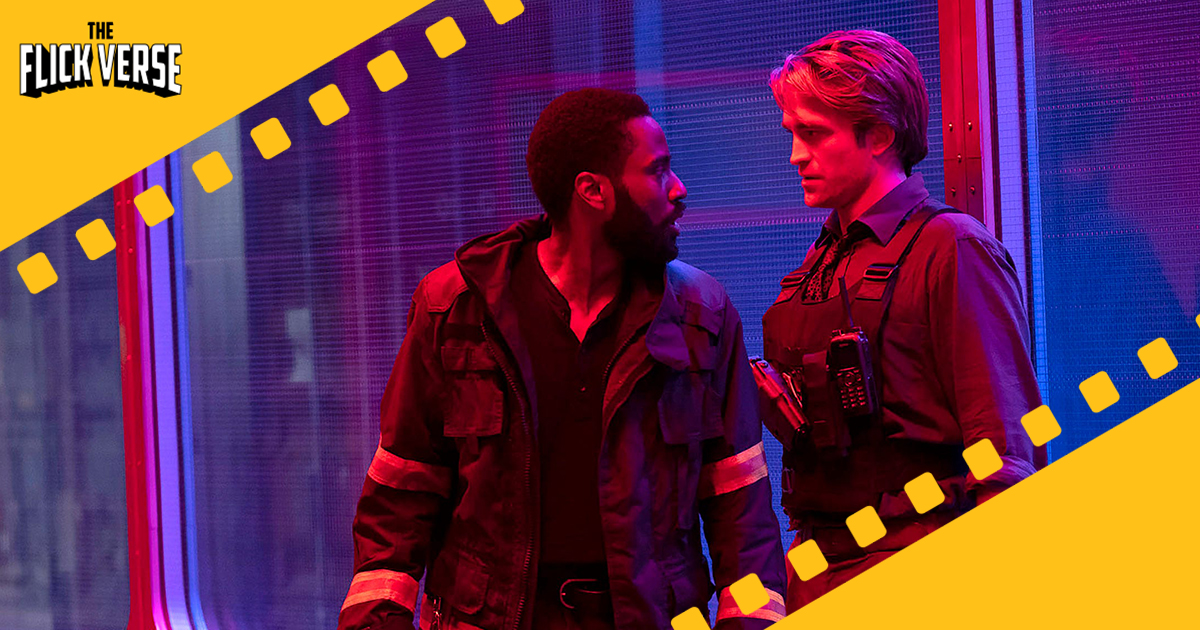
Overview
“Tenet” is a mind-bending espionage thriller that explores the concept of time manipulation. The protagonist (John David Washington) is armed with only one word—Tenet—and is fighting for the survival of the world as he journeys through a twilight world of international espionage. The film delves into the intricacies of time inversion, where the flow of time can be reversed, creating a complex narrative that challenges conventional storytelling.
Impact
“Tenet” was a highly anticipated film, especially as it was released during the COVID-19 pandemic. While its reception was mixed, the film was praised for its ambition, visual effects, and Nolan’s unique approach to time manipulation. It sparked discussions about its themes and complexity, further establishing Nolan as a filmmaker willing to take risks.
Key Elements
Nolan’s intricate storytelling and innovative action sequences make “Tenet” a visually compelling experience. The film’s use of practical effects, combined with its groundbreaking visual effects, creates a unique cinematic language. The complexity of the plot demands viewers’ attention, encouraging multiple viewings to fully appreciate its intricacies. “Tenet” challenges audiences to engage with its themes of time, fate, and free will, solidifying Nolan’s status as a master of cerebral cinema.
7. Oppenheimer :
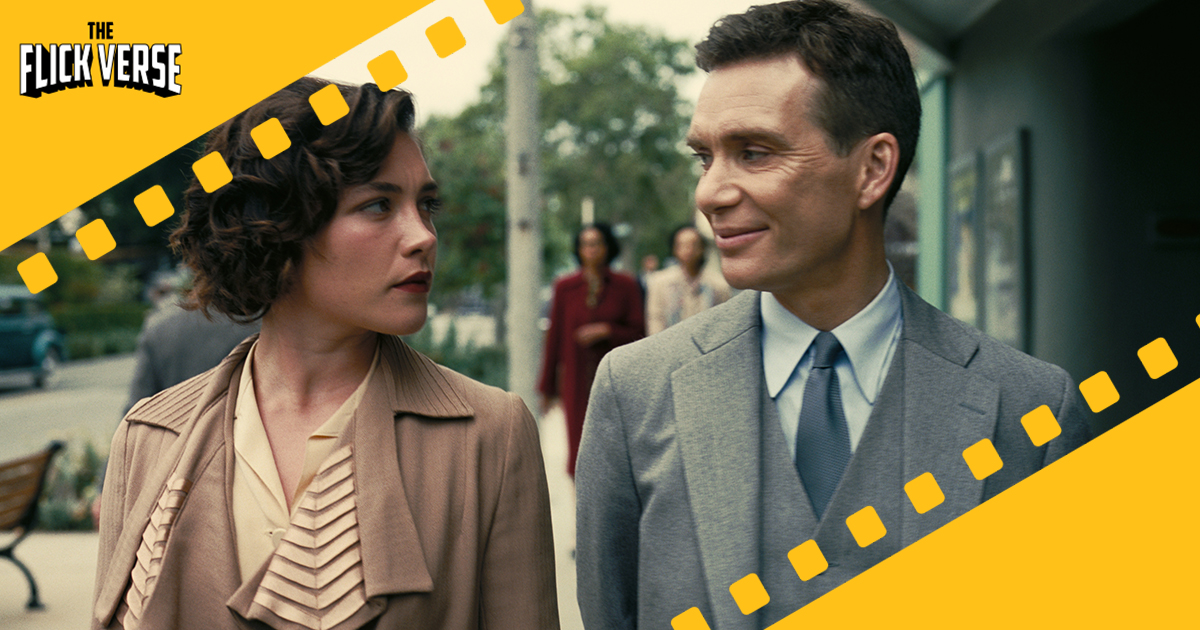
Overview
“Oppenheimer” is a biographical drama that chronicles the life of J. Robert Oppenheimer (Cillian Murphy), the physicist known as the “father of the atomic bomb.” The film explores Oppenheimer’s role in the Manhattan Project during World War II and the moral dilemmas he faced in the aftermath of creating a weapon of mass destruction. The narrative delves into themes of scientific responsibility, ethics, and the consequences of one’s actions.
Impact
As one of Nolan’s most recent films, “Oppenheimer” has garnered critical acclaim for its powerful performances, particularly that of Murphy as Oppenheimer, and its thought-provoking exploration of complex themes. The film has sparked discussions about the implications of nuclear warfare and the responsibilities of scientists in the pursuit of knowledge.
Key Elements
Nolan’s direction is characterized by a blend of historical accuracy and dramatic storytelling. The film’s cinematography, coupled with its intricate editing, creates a compelling narrative that balances personal and historical contexts. The score by Ludwig Göransson enhances the emotional depth of the film, emphasizing the weight of Oppenheimer’s decisions. “Oppenheimer” is a profound exploration of ambition, morality, and the duality of scientific discovery.
Conclusion
Christopher Nolan’s contributions to cinema are nothing short of revolutionary. His films have redefined genres, challenged conventional storytelling, and ignited discussions on complex themes that resonate with audiences worldwide. Each of the seven films discussed in this article showcases Nolan’s unique vision and his commitment to exploring the intricacies of the human experience through innovative narratives.
From the psychological depths of “Memento” to the grand scale of “Dunkirk,” Nolan’s work invites viewers to engage with profound questions about identity, morality, and the nature of reality. As we celebrate his cinematic legacy, it is clear that Christopher Nolan’s films will continue to inspire and captivate audiences for generations to come. Whether you are revisiting his classics or experiencing them for the first time, Nolan’s films promise a journey that is both intellectually stimulating and emotionally resonant.
For More – Visit our Web Stories.
Alternative Movies Posters – Digital Download | Minimal Posters | Instant Download





